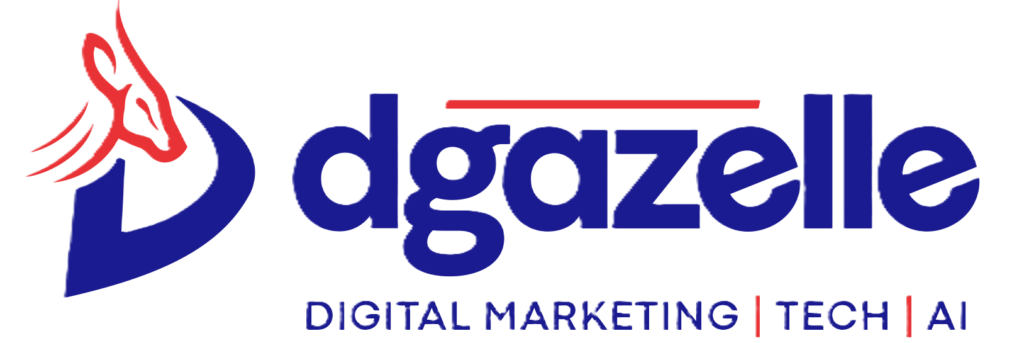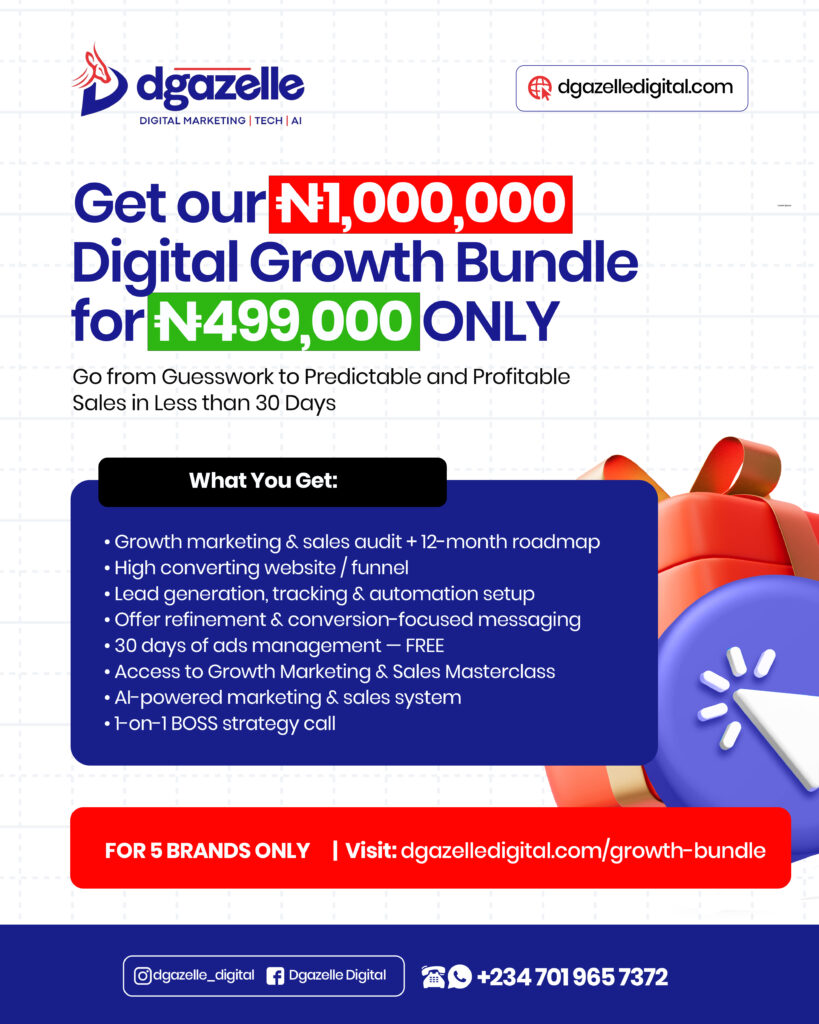It’s tempting to set high goals of increased visibility of your website in search engine rankings. Still, it takes work to reach those coveted top spots. You require a thorough SEO content strategy based on user intent, keywords, and audience as well as constant monitoring of the search engine environment.
This article examines how your overall search visibility efforts should incorporate high-quality, SEO-driven content. We also demonstrate how to create a successful SEO campaign in 2024 by accounting for Google’s beneficial content update, voice search, AI, and search generative experience.
Components of a Successful SEO Strategy
Before we get started, let’s take a broad overview. SEO content authoring is a significant part of the overall Google ranking algorithm, but it’s not the only one; over 200 criteria are said to affect a page’s placement in the SERPs. An all-inclusive SEO plan consists of four components:
- On-page SEO builds backlinks from external websites to show that your content is reliable and valuable. It involves writing meta descriptions and titles, using headers, optimizing images, creating descriptive URLs, and adding internal links.
- Off-page SEO also includes building backlinks from resource directories, collaborating with influencers, and requesting links from guest posts.
- Technical SEO makes it easier for search engines to crawl your website and addresses things like site speed, loading times, security, and errors.
- Content SEO is the process of creating content that readers want to consume; it should be easy to read, insightful, and answer the search query.
Creating the Basis for Your SEO Content Plan
In order for your content to rank highly in search results, it must both meet and exceed reader expectations and outperform pages that currently hold the top rankings. To attract traffic to your website and customize content for user queries, base your strategy on the following elements.
Target audience
To write SEO content, you must first identify your target audience. What hurts them the most? Where do they search for data? Do they like long-form articles or short-form videos? Make sure your content is relevant to your audience and use a tone that will resonate with them.
Industry-specific
SEO content techniques differ based on the sector. Look into the keywords that consumers use to find goods and services as well as the keywords that your rivals employ. Local SEO should be a priority for landscapers, event coordinators, plumbers, real estate agents, and car mechanics. Because of the potential impact of their advise, companies in the health and financial industries who publish on “your money, your life,” or YMYL, issues need to pay close attention to quality and subject matter expertise.
Content clusters
Websites that Google deems trustworthy sources of information typically have higher rankings. To demonstrate competence, increase the topical authority of your website. Instead of focusing on arbitrary keywords, create meaningful content clusters and do in-depth subject analyses. These content clusters function as the backbone of your website and assist you in developing an inventory of articles that consistently illustrate your expertise in a particular field.
Outstanding material
Although we’ve spent a lot of time discussing Google optimization, it’s equally important to keep in mind that stakeholders, business partners, and potential consumers will read your material. As previously stated, concentrate your SEO content writing on unique articles that benefit users. Ensure that the goals of the helpful content system and the E-E-A-T criteria are met by your material.
Key performance metrics
Establish goals to monitor the effectiveness of your SEO content strategy and to help you fine-tune your techniques for better results. Select KPIs that accurately represent your goals; for instance, the quantity of impressions can serve as a gauge for brand recognition. Traffic, keyword rankings, click-through rates, session time, and conversions are examples of common metrics. Establish your benchmarks and take regular progress measurements.
Steps for Formulating an Effective SEO Content Plan
You’re prepared to put the elements of an effective strategy together now that you know what goes into it. This is how to develop a successful SEO content plan that will help you achieve your business objectives and rank better in search results.
Recognize your audience
Your ability to customize your campaign to your target audience’s needs will improve with increased accuracy about who they are. This entails being aware of their wants, worries, and driving forces at every turn in the purchasing process.
If you sell baked products, for instance, find out which factors your target market is most interested in: quality (organic), affordability, or a fix for a problem (gluten-free). Provide stuff that will appeal to them when they are considering, deciding, and becoming informed.
Keyword research
After determining your target audience, research keywords to determine the search terms they are most likely to employ. Create topic clusters out of the keywords and start creating an SEO content plan.
Combining head and long-tail keywords is what you should do. For instance, “artificial grass” is a good term with a lot of searches, but it’s difficult to rank for. Lower search volume long-tail keywords can be your target for greater precision. It is simpler to become visible using certain keywords, like “What are the benefits of artificial grass?”
Additionally, long-tail keywords aid in voice search optimization. When interacting with a voice assistant, people usually use conversational language, such as asking, “What trees are native to Maryland?” rather than typing, “Maryland.”
Make a content plan.
Examine your selected keywords and determine the most appropriate format for every piece of material. In order to increase output, you can outsource the writing of blog articles to an SEO content writing agency, as they are easy to publish.
- Videos work well for presentations, product demos, tutorials, how-to guides, and entertaining behind-the-scenes material.
- Podcasts allow you to utilize the audiences of experts and add a personal touch to your brand.
- Infographics are a visually appealing and easily shared method of delivering information.
- When gated, e-books can be leveraged to generate marketing leads by sharing important expertise.
- Case studies demonstrate to clients the impact of your good or service.
User engagement is boosted via interactive material, such as interactive maps, games, polls, quizzes, and mortgage calculators.
Verify that the content is crawlable and indexable.
Before publishing, make sure every piece of content is optimized using SEO best practices. Make sure pages load quickly for desktop and mobile platforms, provide internal links, utilize metadata, and format material using headers.
Keep in mind that infographics, movies, webinars, pictures, and other visual information cannot be crawled by search engines. To help with indexing and to communicate the significance of the content, you can include transcripts or written summaries.
Create an off-page SEO plan.
Increase the effectiveness of your SEO content strategy by constructing backlinks from reputable third-party websites within your industry. These linkages can be made in different ways:
- Share your expertise by publishing guest posts that link back to your site.
- Partner with influencers or businesses that may have the same target audience.
- Add your site to directories with local chambers of commerce or business associations.
- Make new content shareable on social media.
Involve users
You should observe a rise in organic traffic as your pages go up the search results page. Ensure that visitors to your website have an excellent experience. The website should be visually appealing, simple to use, and full of engaging, pertinent content. You’re more likely to build brand awareness and trust the more you interact with users and the longer they stay around.
Monitor output
Establish objectives for your SEO content strategy and monitor your progress towards accomplishing them. You can compare quarterly or annual performances and track the effects of particular campaigns. When performance is below expectations, use the data to improve upon achievements or hone your strategy.
Regularly update the content
Readers expect quick and accurate information when they click through to sites as the bar for excellent SEO content raises. Examine your postings frequently to make sure you’re offering the most accurate information. Delete out-of-date data, make advantage of recent statistics, and repair broken linkages.
GET IN TOUCH
Too busy to implement these SEO strategies? Or don’t know how to go about it. We can help you set up system for it and drive engagement to your website, Get on a free 15-minute strategy call with our experts right now.







